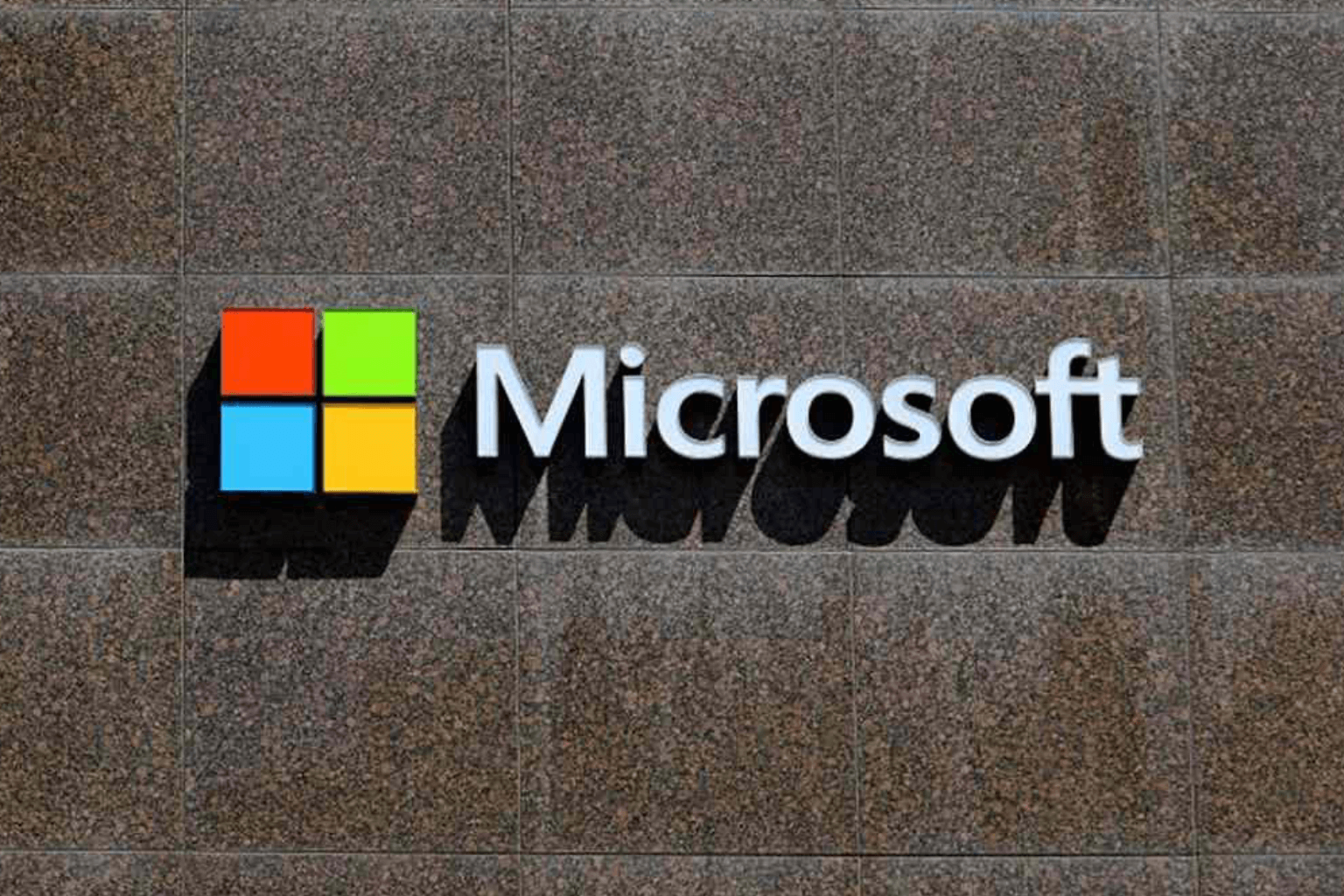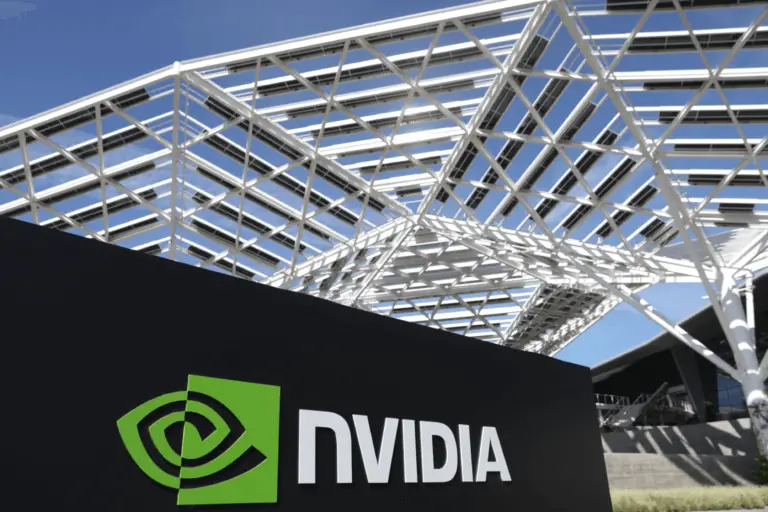
Microsoft’s Rising Costs Spark Concerns Over AI’s Slow Payoff
Investors are curious to see if Microsoft’s Azure cloud growth justifies its high AI spending, as consistent growth and capital expenditures raise concerns in the tech sector.
Investors will have one key question when the tech giant Microsoft releases its earnings on Tuesday: has the growth in its Azure cloud-computing business picked up enough to justify spending billions of dollars on AI infrastructure? Microsoft’s partnership with OpenAI, the creators of ChatGPT, has established it as a dominant player in the AI revenue-generating race. Visible Alpha data expects Microsoft to report that Azure’s growth remained steady at about 31% from April to June.
That’s what the company said would happen, but investors are hoping that its AI business will make a bigger difference in the fiscal fourth quarter. In the first three months of the year, it was responsible for 7% of Azure’s growth. A poll of 16 analysts by LSEG found that Microsoft’s capital spending likely rose about 53% year-over-year to $13.64 billion during the period. This is a big jump from the $10.95 billion it spent in the previous quarter.
Fears that tech companies are spending too much on data centres and won’t get much in return in the short term have been following the U.S. stock market this month. There are also signs that Wall Street may have the wrong idea about how earnings will grow. Alphabet, the company that owns Google, reported quarterly capital spending that was nearly $1 billion more than expected. At the same time, revenue gains from AI integrations were only modest, which caused a selloff in major tech companies.
Alphabet said that it would continue to spend at least $12 billion on capital projects every three months for the rest of 2024. “Investors will be very interested in Microsoft’s ability to keep growing its revenue, especially in the AI area.” Gil Luria, a senior software analyst at D.A. Davidson, expressed concern that investors might be disappointed if revenue acceleration fails to materialize and capital expenditures continue to increase.
Microsoft has said that it needs to spend money on data centres right now to get around the limited space that is stopping it from taking advantage of the demand for AI. It shares the same view as Alphabet and other tech companies. Sundar Pichai, CEO of the company that owns Google, said last week that the “risk of under-investing (in AI infrastructure) is dramatically greater than the risk of over-investing.”
Because people are spending more, Microsoft has been able to get more business from its large enterprise clients by rolling out new features like its 365 Copilot assistant for Word and Excel and giving more people access to its AI cloud service.
Microsoft says that half of the Fortune 500 companies use its $30-a-month Copilot service, which can quickly finish lines of code or summarise a lot of emails into a few bullet points. The Redmond, Washington-based tech giant hasn’t said how much money the service brings in yet, though, and analysts think Copilot’s effects will be clearer in the second half of 2024.
Microsoft Stock Performance
Igor Tishin, an analyst at Harding Loevner, a $55 billion asset manager that owns Alphabet and Microsoft, said, “While a lot of attention has been paid to consumer-facing apps like ChatGPT, generative AI could be a bigger opportunity for enterprises, and Microsoft is just incredibly well positioned to capitalize on their install base.”
This year, Microsoft stock has gone up about 13%, raising the company’s market value by more than $350 billion. The stock hit a record high on July 5, but it has fallen almost 9% since then because of the recent drop in tech stocks. It did worse than the S&P 500’s 14.5% rise this year.
The company expects overall sales to increase 14.6% from April to June, up from 17% growth in the previous quarter. The main reason for this is that its personal computer business, which includes Windows and the Xbox gaming division, has been growing more slowly. We expect the productivity business, encompassing the Office suite of apps, LinkedIn, and 365 Copilot, to grow by approximately 10%.


